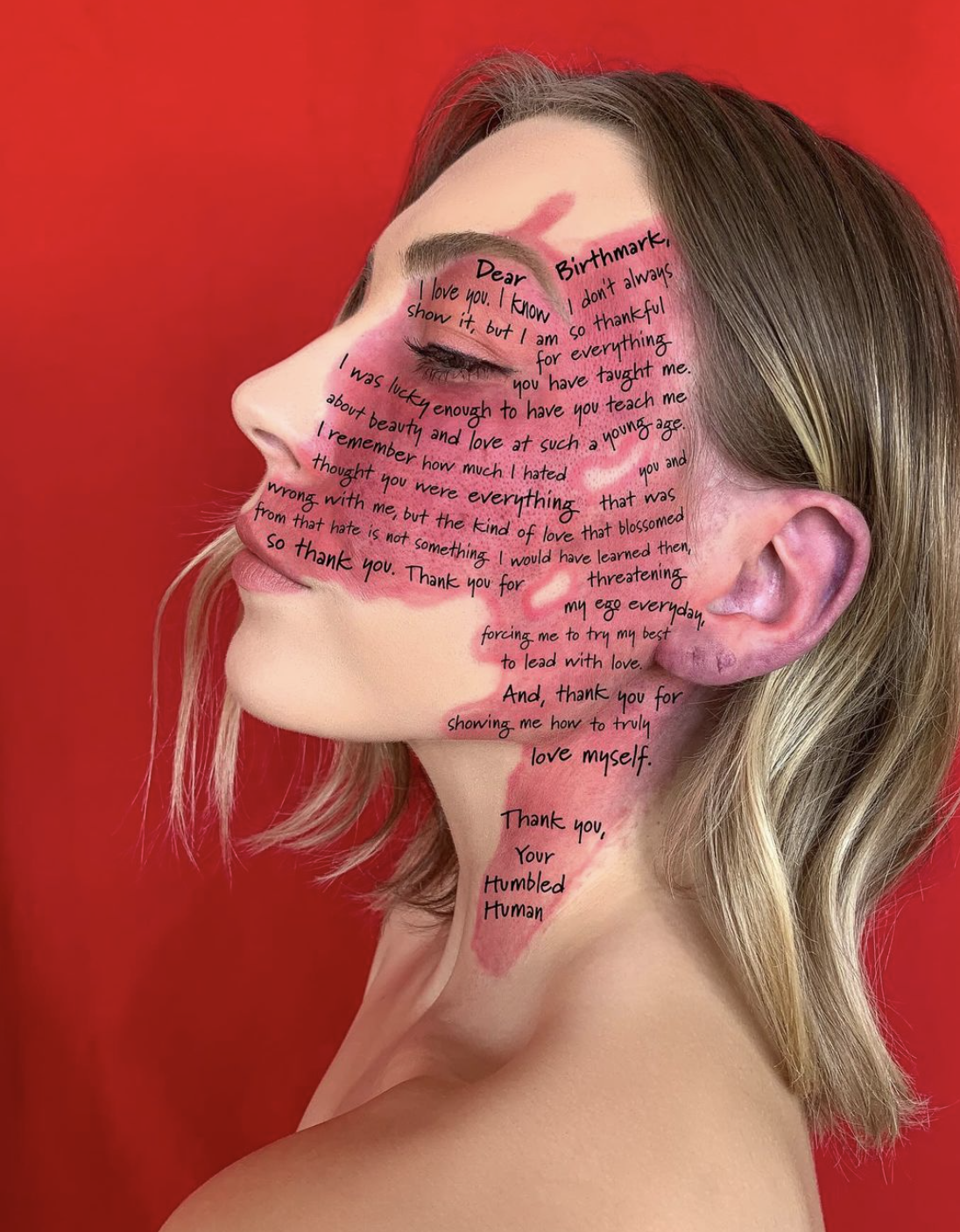The Balenciaga Paradox: When Celebs and Society Toss Their Values for a Front Row Seat.
Balenciaga just hosted its 2024 pre-fall fashion show on Saturday along South Windsor Boulevard in Los Angeles. and we have some questions.
You’ve all seen it. The comical-sized trainers. The unorthodox accessories, including a man's leather shoe as a purse and a grocery shopping bag collaboration with the cult LA grocery store Erewhon.
But the recent Balenciaga show in Hollywood wasn't just a display of Demnas's new line of his hyper LA-inspired clothing and celebrity clout; it was a jarring reminder of the fickle nature of our times, particularly when it comes to the standards held by those we idolise.
Just earlier this year, the internet was ablaze with outrage over Balenciaga's campaigns. Images of children clutching teddy bears in bondage gear, and an office-set ad featuring a disturbing legal document, sent shockwaves through the fashion world and beyond. Celebrities, known for their carefully curated personas and pronouncements on social justice, were among the ones condemning the brand's choices. And rightly so.
Yet, here they were, front and centre at the Balenciaga show, basking in the Demna spotlight. Their carefully constructed moral facades crumbled under the allure of exclusivity and well, publicity and of course dollar. And you only have to glimpse at the comments under the images Vogue or Cardi B posted from this event to see that people aren’t so happy. And rightly so?
Now, call this what you want, hypocrisy, fickle, disappointing, disgraceful, perhaps, but it left us thinking:
If celebrities, the very people we look up to, who many of us idol, can so easily cast aside their convictions for a front-row seat, what does that say about the rest of us?
Are we, the regular folks, supposed to hold ourselves to a higher standard than those we place on a pedestal? Is it acceptable for the rich and famous to play by a different set of rules, where public pronouncements of outrage hold no real weight against the power being spotted at the latest high-profile event?
The answer, of course, is a resounding no. This Balenciaga saga exposes a rot at the core of our celebrity-obsessed culture. We've built them up into arbiters of truth, justice and beauty standards, only to discover they're just as susceptible to the allure of the dollar, the fear of missing out, and the intoxicating power of the privileged circle.
But beyond the disillusionment, there's an opportunity. This is a wake-up call to stop blindly accepting the narratives celebrities weave. To question their every move, their every endorsement, and to hold them accountable for the messages they send, especially when they contradict their carefully crafted public image.
And let's not forget Demna. A mere apology on Instagram, a convenient "we didn't know" excuse, is not enough to erase the harm inflicted by those campaigns. The trauma caused to children, the normalization of disturbing imagery, and the erosion of societal values – these are not mere PR hiccups to be swept under the rug.
By continuing to shine a spotlight on Demna, are we not sending the message that money and power can buy forgiveness, that shockvertising tactics, no matter how harmful, are a path to success?
We can do better. We can support the countless designers who create beauty without exploiting vulnerability.
We can amplify the voices of those who speak truth to power, even when it's uncomfortable. We can redefine what it means to be an influencer, to be a role model – one who walks the talk, not just preaches it from a designer-clad pulpit.
The Balenciaga paradox is a stark reminder that the world is not black and white. It's messy, it's hypocritical, it’s a fame-obsessed moral-less jungle out there and it's up to us to navigate its contradictions with critical thinking and a solid sense of values.
Let's not be swayed by the front-row seats and the empty apologies.
Let's demand better from celebrities, designers, the media and most importantly, ourselves.
This is not just about fashion; this is about the fabric of our society. And it's time we weave a more beautiful, more valued and more authentic one, thread by thread.





